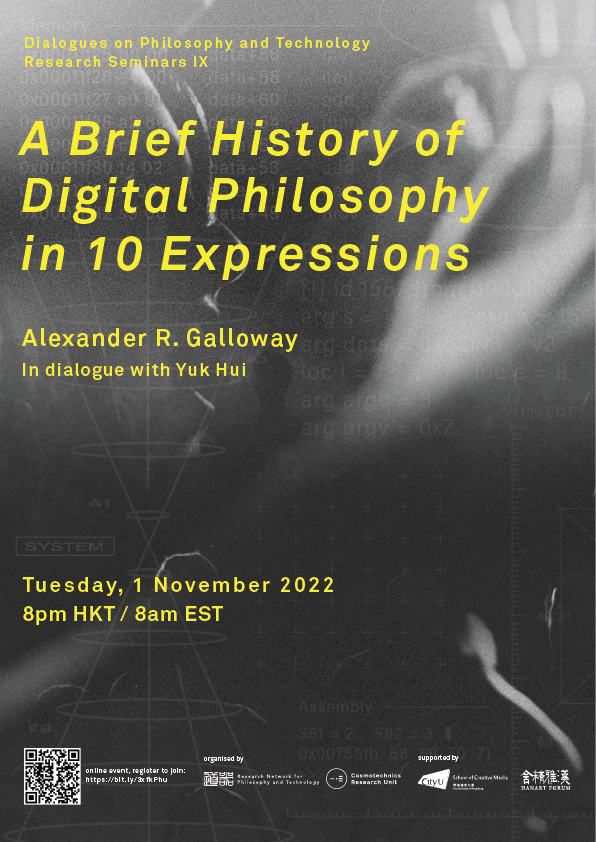I gave a two-person talk with Nan Z. Da last fall at U. Michigan on the theme of "Digitality and Intent." Here is my text for the talk, slightly revised and expanded.
In prepping for this event, Nan and I decided on the theme of "Digitality and Intent" as a way to address one of the hard problems in computational approaches to literary study, namely the relationship between measured textual features and human intentionality. So let me begin by adopting the naive posture: what does "intent" mean? I propose to think about intent along three different lines.
In the context of digital inscription, intent might first appear as measurable qualities of users. One might pose the question "what is a user's intent?" And the answer typically revolves around the notion of features. A feature is simply some differential that is measurable. And the assumption among engineers is that these features inscribe user intent; the features are authorship in some basic sense. I stress that features really are any kind of differential whatsoever -- provided the differential can be positively measured. In mathematical terms, intent might be inscribed as a vector (or set of vectors), given that vectors are a simple way to register a differential. (Vectors are taught in school as having "a direction and a magnitude," although most computer languages store vectors simply as a pair of two points, starting point and ending point, which accomplishes the same thing.) And I still think McKenzie Wark wrote the definitive theoretical book on this, with her A Hacker Manifesto (2004), which elaborates the concepts of vector and vectoralist.
Given these features captured as measurement vectors, data science is often described as a "multidimensional" science. After all, a dimension is just an axis on which to measure. So if you have 17 measurement axes, you have 17 vectors, and you have a 17-dimensional space. This might not make much intuitive sense to everyday human experience, but a 17-dimensional space is completely normal in data science, just as an 88-dimensional space is normal in piano sheet music. The recent success of AI has a lot to do with these kinds of high-dimensional spaces (and the Linear Algebra necessary to calculate and transform them). Of course there are many problems with this approach, which I will merely hint at without attempting to resolve: Are you measuring accurately? Is your measurement model distorted by unwanted biases? Do measurements (no matter how complex and nuanced) effectively capture users' intent? Continue reading





